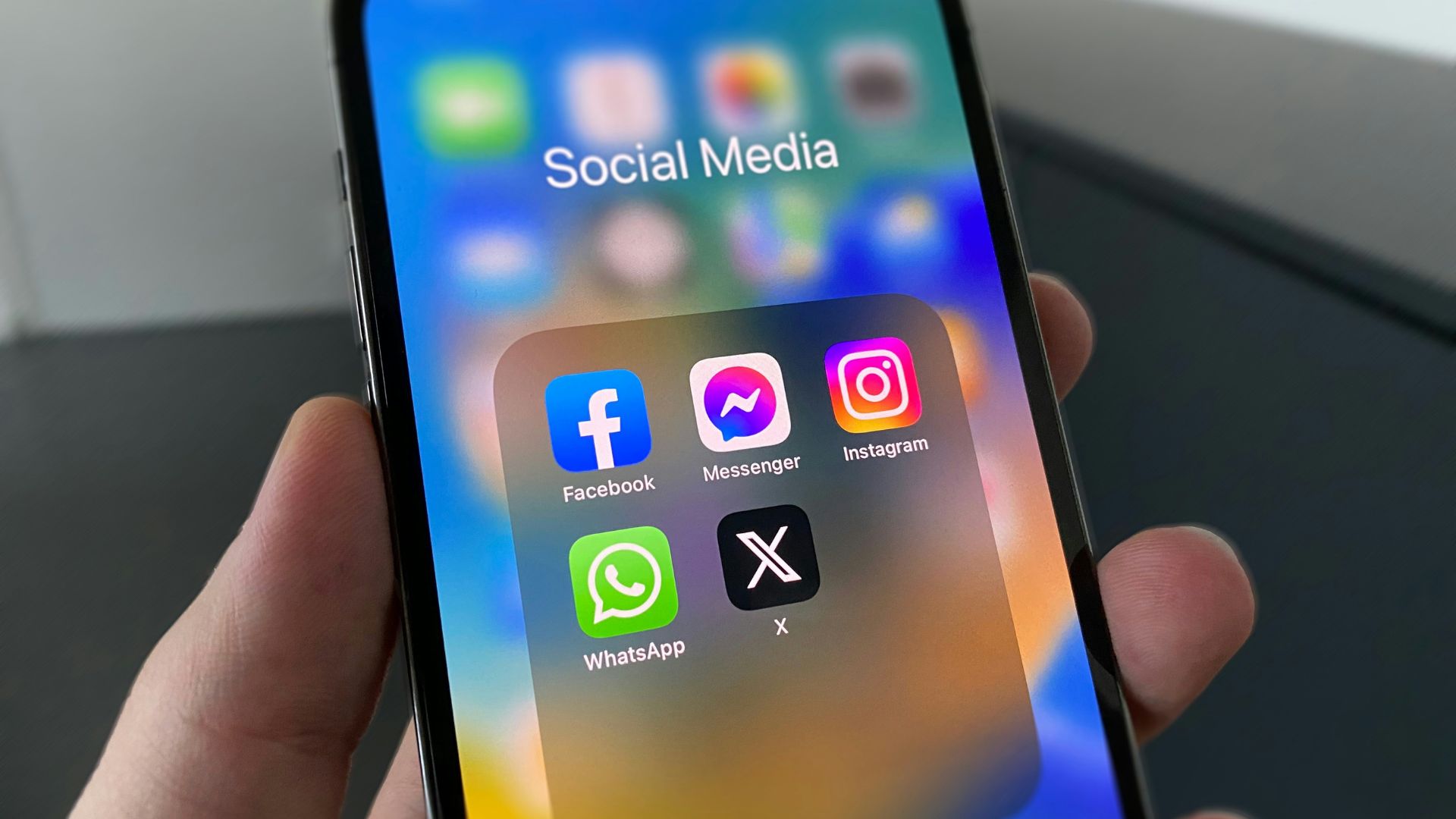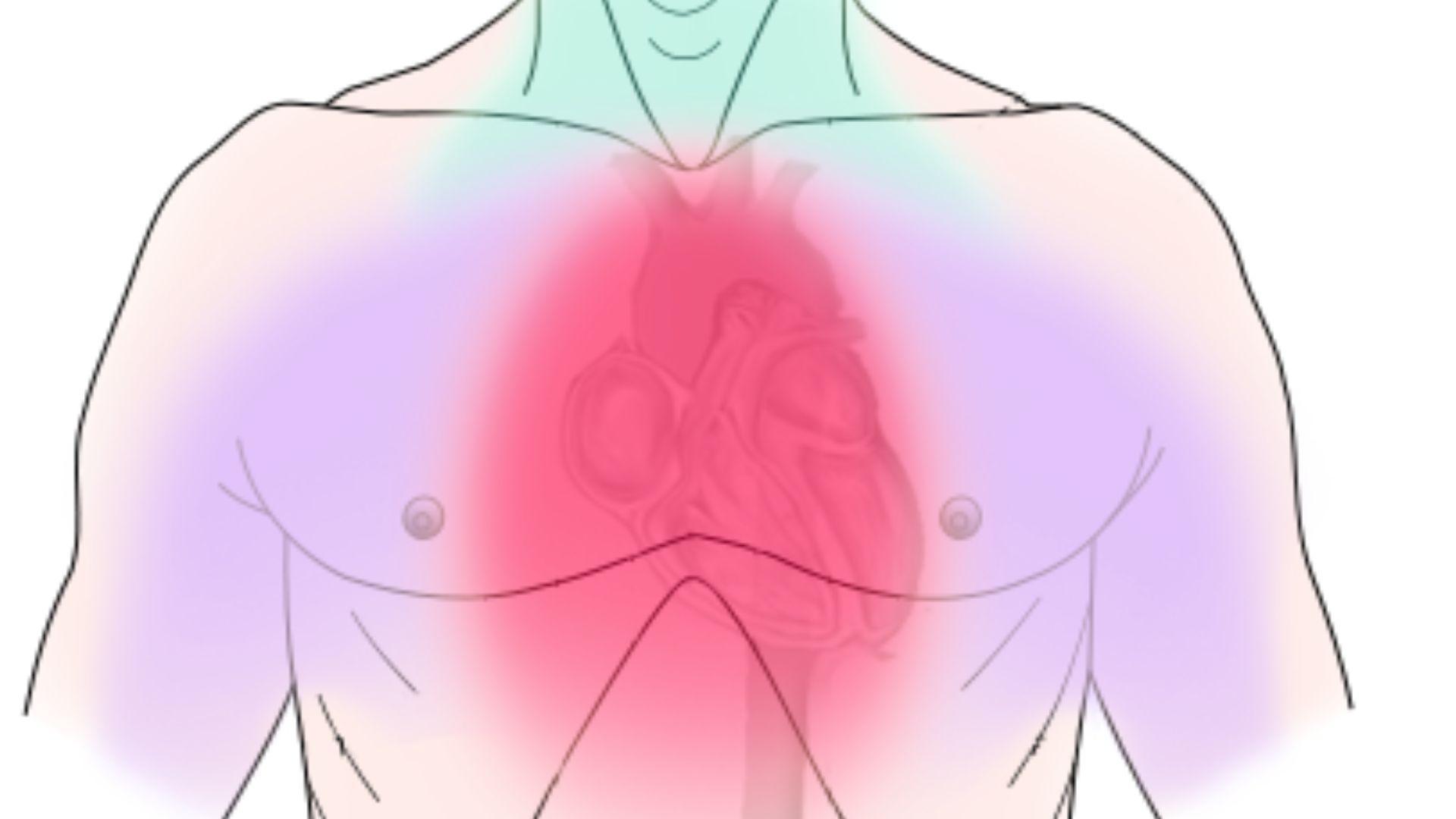Olympic coverage wouldn’t be complete without showing the anxious family members in the stands. This year, NBC has elevated the experience by equipping the parents of Olympians with heart rate monitors and displaying the results on TV.
Henry Rivera, father of American gymnast Hezly Rivera, wore one of these monitors during her uneven bars routine at the team all-around qualifiers. His heart rate started at 164 beats per minute (bpm) but soared to 181 bpm as he watched his daughter compete.
Reactions From Social Media

Social media reactions have been mixed, with some praising the feature as “brilliant” while others found it “weird” or expressed concern for Henry’s elevated heart rate.
So, what’s the idea behind this, and what can we learn from these heart rate readings? Cardiologists provide insights.
FIGS Sponsorship

Sponsored by medical apparel brand FIGS, these heart rate monitors will continue to be featured throughout the Olympic games.
FIGS’ Chief Marketing Officer, Bené Eaton, explains, “Because this is a new integration, audiences will have to tune into the Olympic Games to see where this feature will show up next,” as told to Yahoo Life.
Goal Behind the Heart Rate Monitors

Ultimately, the choice to wear these monitors lies with the parents. For instance, Simone Biles’s parents chose not to wear them or use microphones during her routines.
Beyond entertainment, Eaton notes that the goal is “to showcase some of the lesser-known, behind-the-scenes emotional stories that go into building bodies that break records.”
A Normal Response to Intense Competitions

Henry Rivera’s heart rate readings garnered significant attention, while Karen Hong, mother of U.S. gymnast Asher Hong, saw her heart rate spike to 144 bpm during her son’s vault in the qualification match. Cardiologists point out that elevated heart rates during intense competitions are not surprising, especially for parents cheering on their children.
Dr. Jim Liu from Ohio State University Wexner Medical Center explains, “It’s incredibly stressful and adrenaline-producing to watch, particularly if your child is competing.” Henry Rivera’s high heart rate “is usually expected with full exercise workouts, so to achieve that just by being a spectator is pretty amazing,” Liu notes.
Physiological Response to Stress

Dr. Jessica Hennessey from NewYork-Presbyterian/Columbia University Irving Medical Center confirms that such responses are normal.
“When one is under stress, the heart pumps faster and more efficiently to ensure the brain and other organs get enough blood and oxygen,” she says.
The Fight or Flight Response

Dr. Theodore Maglione from Rutgers adds that it’s a “normal physiologic response” for the heart rate to increase during stress, anger, excitement, or extreme joy. “This is the same mechanism behind one’s heart rate increasing during the fight or flight response,” he explains.
Emotional stress triggers the release of hormones like adrenaline and cortisol, causing an increase in heart rate and blood pressure, Liu says. He also mentions that parents of Olympians experience “added stress” that can elevate their heart rates more than other fans.
Increased Heart Rates from Event Excitement Not a Concern

Dr. Paul Drury from MemorialCare Saddleback Medical Center in Laguna Hills, California, reassures that as long as the increased heart rate is due to excitement or stress from the event, there is no cause for concern.
“We know that stress can drive a significant increase in heart rate,” he adds.
Prolonged Elevated Heart Rates Pose Risks for Those with Pre-Existing Conditions

However, prolonged elevated heart rates can increase the risk of serious heart events in individuals with pre-existing heart conditions, says Dr. Matthew Tomey from Mount Sinai Fuster Heart Hospital.
He notes, “There is a correlation observed between major events — such as blockbuster sporting events and natural disasters — and community incidence of cardiac events.”
Reassurance for Viewers and Families

Most viewers and family members should see their heart rates return to normal shortly after the event, Drury says.
“As long as you don’t have any other symptoms besides maybe feeling like your heart is beating strong or fast in the moment, you should be fine,” he assures.
AHA Guidelines for Resting and Exercise Heart Rates

The American Heart Association (AHA) states that a normal resting heart rate is between 60 and 100 bpm, while athletes might have resting heart rates as low as 40 bpm. Heart rates can spike during exercise, with target zones varying by age but generally ranging from 100-170 bpm for a 20-year-old and 85-145 bpm for a 50-year-old, according to the AHA.
The average maximum heart rate can range from 150 bpm for a 70-year-old to 200 bpm for a 20-year-old.
Short-Term Elevated Heart Rates Generally Safe

Liu emphasizes that the elevated heart rates observed in the parents of Olympic athletes are typically not harmful due to their short duration. However, he cautions that individuals with severe heart conditions may still be at risk. “Even a short, sudden spike in heart rate and blood pressure can cause problems,” Liu says.
Maglione agrees that elevated heart rates are generally not a concern unless there is an underlying heart condition. “That’s part of being human — and a great Team USA fan,” he says. “However, if your heart rate does not return to normal afterwards, or unusual symptoms persist, you may want to contact your health care provider.”








































